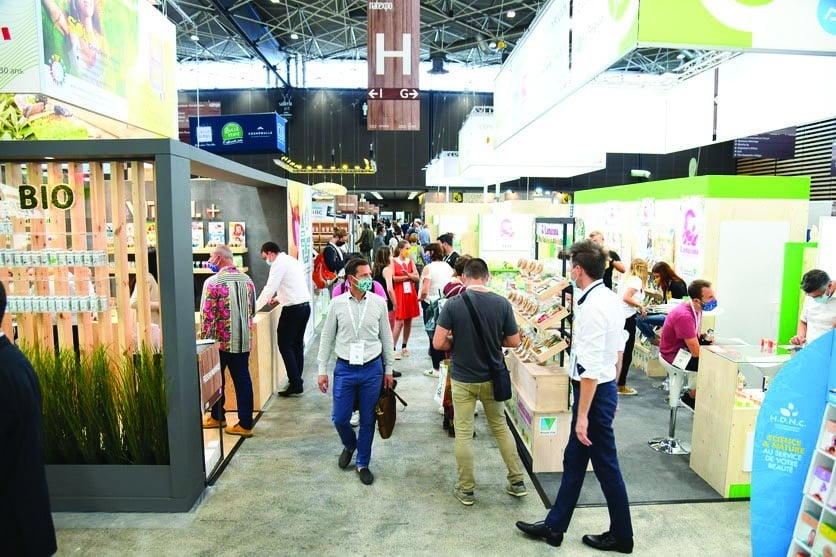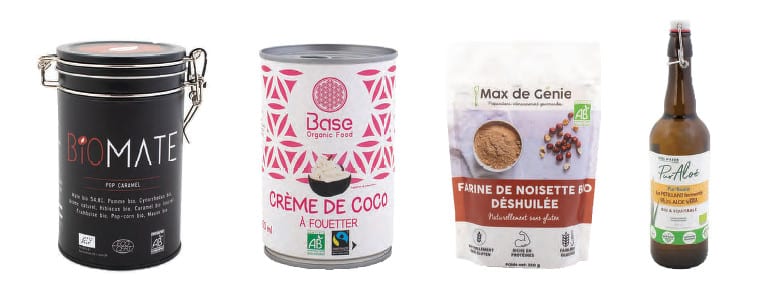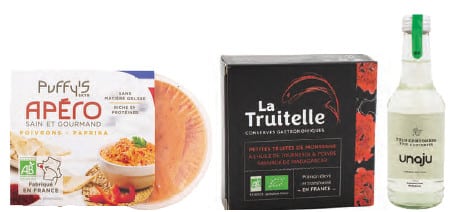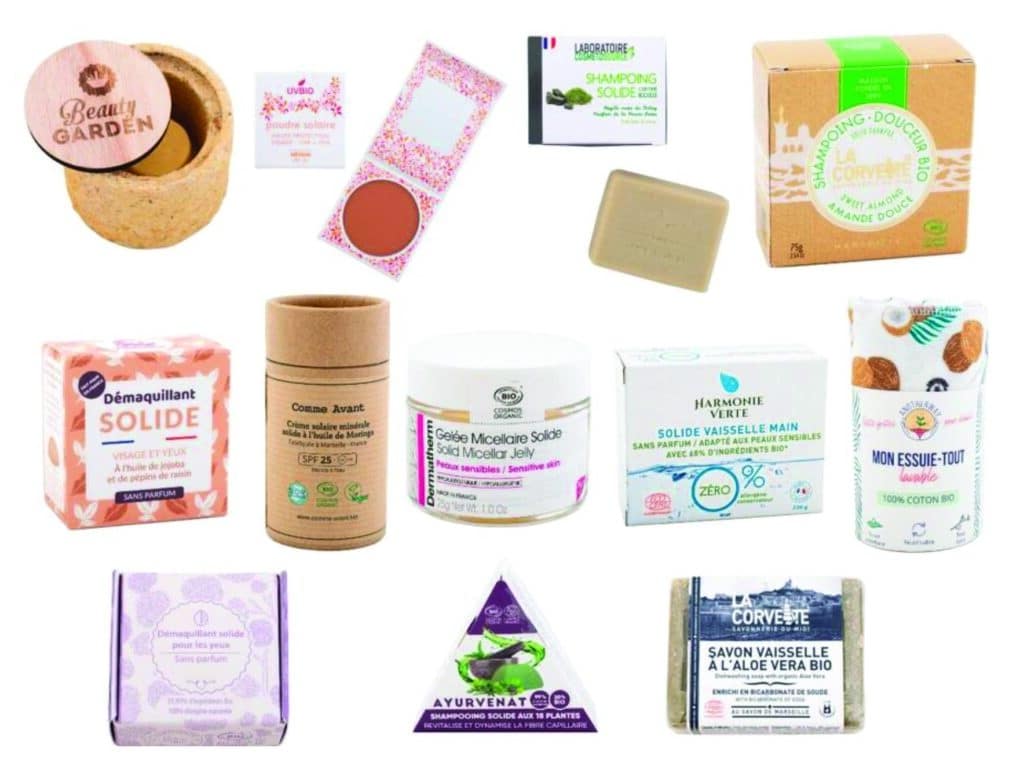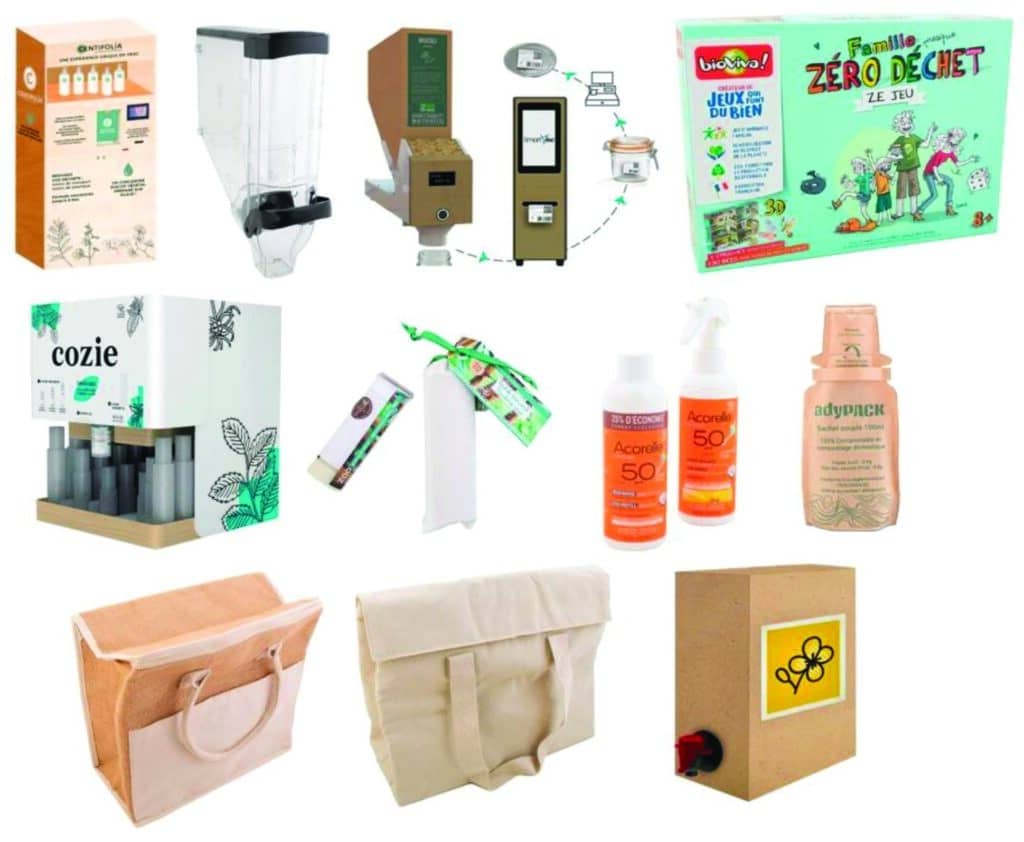From October 24 to 26 in Paris Villepinte, Natexpo 2021 offers the exceptional opportunity to discover all the new products and initiatives taken recently by organic professionals, who have demonstrated spectacular dynamism in the face of the crisis. A record number of 1,350 exhibitors, French and international, is expected at the only organic fair of this magnitude planned in person this year. Natexpo will take up residence to take an overview of innovations in all areas of organic farming : Food, Ingredients, Cosmetics and Hygiene, Food supplements, Services and equipment for the store and brands. Furthermore, this year Natexpo is offering for the first time and at the heart of the show, a new “Eco-Products / Eco-Services” space, a booming sector.
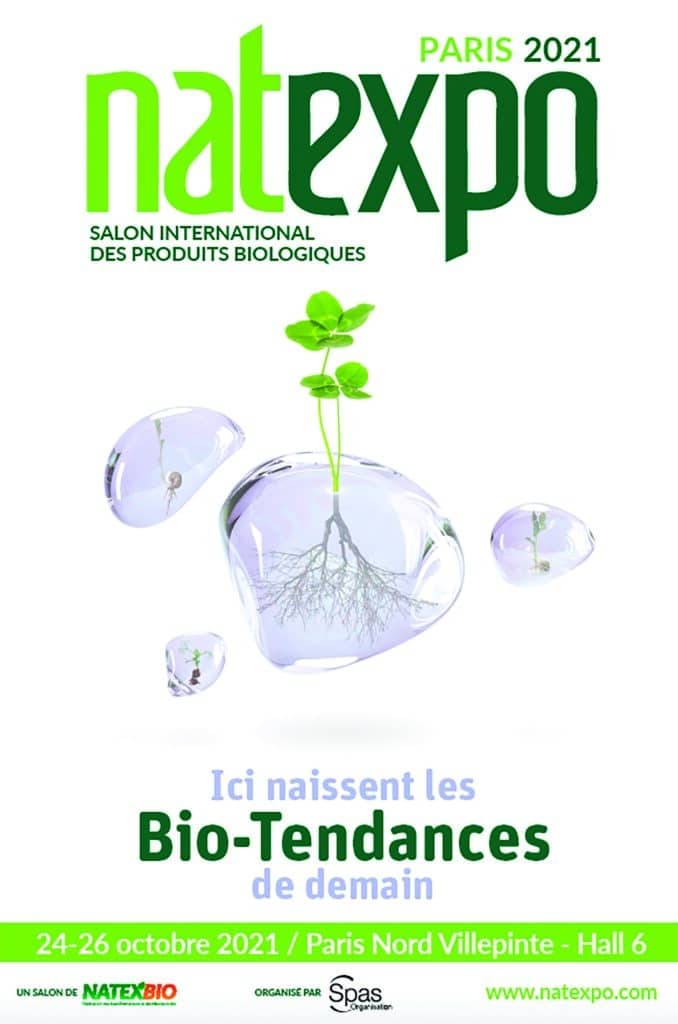
Changing consumption habits
The new ecology of the self, gastronomic countercultures, new natures and modern minimalisms : these are the latest underlying trends that are driving the organic market. In line with new consumer expectations, the world of organic products offers widely acclaimed products and services in all areas: food, cosmetics, hygiene, food supplements… This vitality, part of changing consumption habits, is also deeply marked by increasingly strong expectations in terms of social responsibility. Consumers want companies to commit beyond organic farming. Faced with trends linked to anti-waste, zero-waste, to upcycling, to local supply, to decarbonization, to seasonality, to the fair remuneration of all links… there are many challenges for businesses and all sectors are concerned. This is why Natexpo is proposing this year to bring together innovative companies in a new “Eco-Products / Eco-Services” space., welcoming, among others, The Foodtech Lab and Village. Launched in 2018, The Lab brings together startups offering solutions, products and services for the circular economy. The Foodtech Village is a new hub that completes the 360° vision of the latest organic trends.
The bio, social issue
The quest for meaning has infused our lives. During this unprecedented period, the relationship with the world, to nature, at work and at home has been modified. The very notion of normality today raises questions. If a majority of people expect a return to normal, others say they want profound societal changes. One in four French people nevertheless consider that we will never return to a normal life. But this weariness which has invaded the French seems to fade as the end of the crisis and the reopening of places progresses.… Anyway, Covid-19 and successive lockdowns have changed the ranking of our priorities, but without modifying them themselves. At the height of the crisis, the French of course placed the epidemic alone at the top of their concerns (76 %), followed by the health system (42 %) and global warming (33 %). The two structuring movements of society – the quest for health and the search for ecology, which are the two driving forces of organic – have not been masked. If plastic concerns have temporarily weakened, it is undeniable that organic continues to advocate zero waste and zero waste (therefore almost zero plastic). The taste of doing it yourself, in fees, organic and local has also returned more than ever. Au final, this pandemic has highlighted the need to regain a certain food sovereignty, in the cities and in the countryside. Also positive, the need to be better connected to others and to nature.
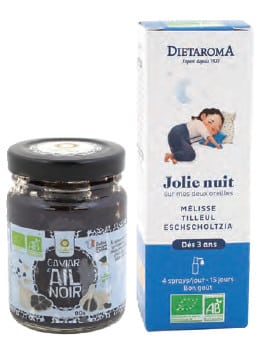
Before the pandemic, naturalness and sustainability were essential, sans conditions. These fundamental movements remain present, but for some, the primary need for individual security has taken over.
Faced with an environment perceived as worrying, to contacts deemed to be contaminating, new reflexes and gestures (barriers) were developed. These distances reinvent the relationship with the world, to oneself and to the other. And this way of life seems to continue, while waiting for a large majority of the French population to be vaccinated… Thus comes the era of ‘Covid-Care’, carrying a promise of disinfection for which demand is high, and which even allows perfume brands to launch pleasant hydroalcoholic gels, with oud scents, bergamot, etc. The return of massive hygiene has led to the emergence of effective and ecological solutions in the organic sector., to reassure and carry values and lifestyles.
My immunity as a priority
The “healthy” obsession is a groundswell that has grown with the pandemic. The quest for good health, healthy, joined forces in the search for immunity. This having become the best natural defense for oneself, a sort of complementary insurance to barrier gestures. If boosting immunity is always an inherent promise of food supplements, it is now redefining food and even gastronomic products. in parallel, the intestinal microbiota (formerly called intestinal flora) becomes a concept better understood and taken into account by consumers. Even more so since the scientific link was established with individual immunity. The trend for microbiotic-based products has therefore continued to rise, to go beyond the lactic ferments of yogurts and enrich sparkling drinks, juice smoothies and even nutrition bars.
Gastronomic countercultures
While the bars, restaurants, terraces have been closed for many months, the pandemic has made it possible to rethink conviviality and taste.
The aperitif was THE pleasure break during this period of confinement. So, in 2020, savory aperitif products saw an increase of 5,6% compared to 2019, and these are the seeds (peanuts, cashew nuts, etc.) who benefited from the best growth. Virtual aperitifs under confinement and curfew and hybrid lunch and dinner meals easily punctuated and reinvented the daily lives of families forced to cook three times a day, seven days on seven. This pre-meal creativity gave birth to new taste associations for sauces, dips and other spreads, when she didn't reinvent drinks, to keep the pleasure of the celebration, without the intoxication of the collective.
The new gastronomy
This also led to an even more massive craze for cooking which should last. In 2021, nearly one in five households cook more often using prepared ingredients and more than one in three households cook homemade dishes more often. Pastry is also doing well, with 40% of households reporting baking more often than before the start of the pandemic. And a large part intends to continue cooking. 61% actually think they will stick to these same habits, 29% would like to do it even more often. Organic brands have opened the borders to concoct new recipes, surprising associations. A way to bring a freshness of surprises into a universe reduced to its living space : the exoticism of new tastings without leaving your living room.
Vegan in growth paradise
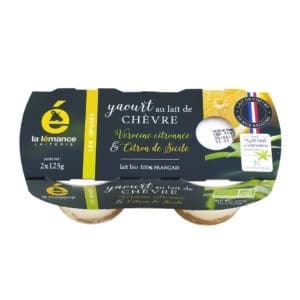
Oils and hemp : new natures
The repertoire of oils continues to grow, to offer a multitude of plant-based options, in the land of historically buttery cuisine. Hemp becomes visible both in bathrooms and kitchens.
Predictions for global slowdown in star oils market, l’olive, to see new liquid gold emerge, from camelina, hemp, or even chia seeds… An eldorado, or rather “oildorado”, since the repertoire of seeds and oilseeds is vast. While hemp and CBD (or cannabidiol, the non-psychotropic molecule of cannabis) have been a hit for several years across the Atlantic, both in food and cosmetics, France had until then been cautious. Second largest producer in the world, with around 8,000 hectares cultivated (mainly intended for industrial use), France will soon authorize the use of French hemp extracts, especially cannabidiol in finished products (products already on sale contain CBD of foreign origin). Hemp is found in shampoos, breakfasts or spreads. An ingredient from yesteryear, guaranteed without high effect, but relaxing.
Modern minimalisms
The pandemic slowed down the progress of bulk. Nevertheless, early 2020, limiting packaging was the number one resolution of the French. On their side, brands are reinventing their formulas, their process, to identify, transformer, recycle our waste.
There is no doubt that this concern will come back to the forefront, in parallel with the preservation of the planet. Especially since in 2030, France should require offering a certain quantity of bulk in stores of more than 400 m2 : at least 20% of their sales area of consumer products, or a device with equivalent effect expressed in number of references or in proportion to turnover, for the sale of products presented without primary packaging. The extent of bulk is announced because this purchasing method makes it possible to combine ecology and savings. Indeed, for 37% of French people, bulk allows you to buy the right quantity desired when 22% choose it in order to reduce their packaging waste. This turning point in bulk food finds its counterpart in hygiene and cosmetics, with filling solutions. Recharging becomes an experience and no longer just an additional step in the act of purchasing. Another winner of this movement is zero waste packaging : biodegradable, compostable, plastic-free and reusable.
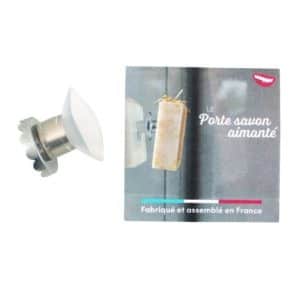
It is above all a beauty success, which inspires all segments of cosmetics. In 2020, sales of large and medium-sized solid shampoos exploded to achieve growth of 422% in value.. After hygiene, these formats are shaking up skincare and even sun protection. New gestures, reduced footprints (plastic, water and carbon), preservative free (since without water and therefore without bacteria), this new galenic seems to have everything going for it. To the point of also inspiring household products such as tableware, via solid bread, rather than a liquid.
Upcycling, new standard
Now 94% of French people say they pay attention to food waste and one in two French people even feel guilty when throwing away a product.. Better yet, also one in two practices at least five anti-waste actions every day. New habits emerge for the whole family, in order to transform the consumerist system into a loop (circular economy) with reduced impact. In a world that we want to have zero waste, upcycling (upcycling), a particular recycling practice, becomes a cardinal value for brands and individuals, especially young people. In 2020, 31% of young French people (35% of 18-24 year olds and 29% of 25-34 year olds) have already purchased one or more products from upcycling, compared to 23% of French people as a whole.


